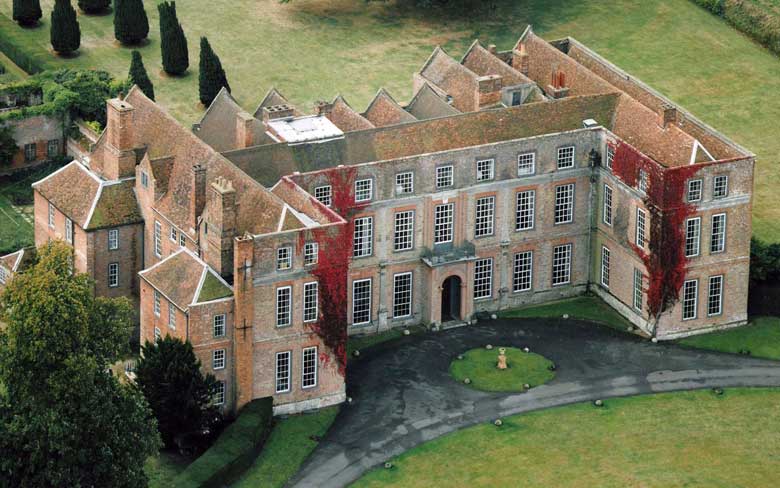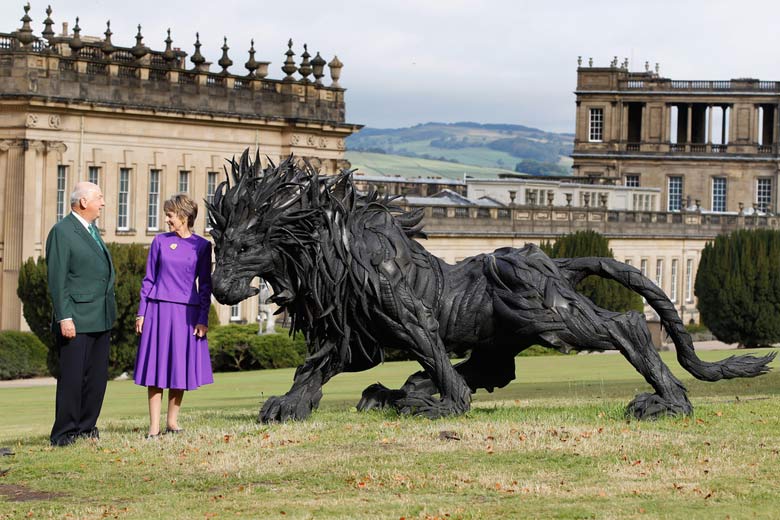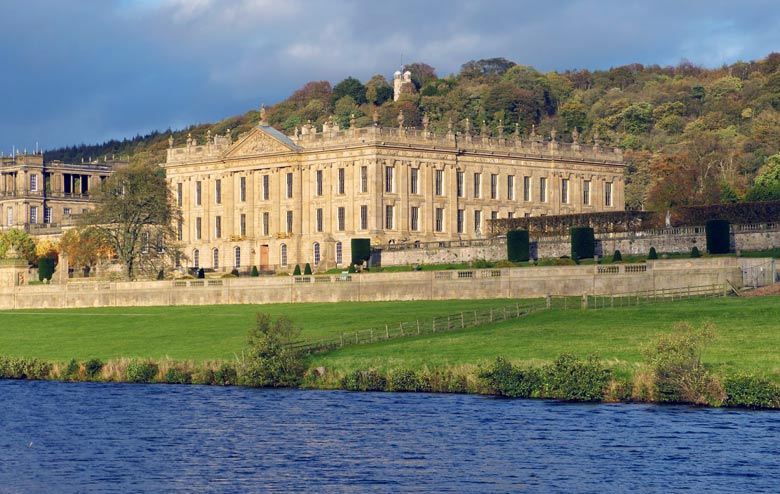She called it “the little house in Suffolk”. I never met her, the formidable Lady Blanche, daughter of the 9th Duke of Devonshire; but going by her reputation, I don’t think she said it much in jest. After all, she grew up at Chatsworth. Much bigger than that, and you can’t call it a ‘house’ at all – it’s palace territory.
I packed the last box of my things from my servant’s quarters room on the top floor, and collapsed into a faded armchair. One of those bits of furniture for which there’s really no space, but nobody wanted to throw it out, so it was stuffed into an alcove in a forgotten corridor, and hadn’t been sat in since. Dust puffed up in the late afternoon sunshine. I’d rediscovered an open bottle of Scotch left over from a party I’d organised many years ago. There was less than a quarter left, but it was good stuff – too good to throw out. Figuring I’d done with the momentous task, I pulled the cork, and swigged from the bottle. I felt young and rebellious again; all those photos of long-gone loves, the letters, extravagant birthday cards, presents, bringing memories from previous lives.
I’d never thrown them out – too sentimental. And even now, I couldn’t. Back into boxes, into the van, into the container, despite the complaints of my siblings that we didn’t have space, we had to be ruthless. I’ll bring it all to Russia with me if I must – it’s my life. There are lessons to be learned, memories to rediscover, emotions to feel all over again. Better still – there are the true little details of life to copy and insert into my writing. My memory is too feeble to recall the details that lend truth to a story – so here they are on paper, saved for later.
I swigged again. I hadn’t walked in the park on this visit, as I’d imagined myself doing early every morning. Out to Mum’s oak tree, the one 500 metres from the house, which she used as a goal in the last 8 months. There and back, and she’d walked a satisfying kilometre, slow and cautious step by step. I hadn’t even been out to the garden, the scene of her greatest triumphs. I’d wanted to, but there had been no time, constantly running up and down staircases, lifting and packing, sorting and chucking.
I hadn’t even been to see her in the churchyard. With a groan for my aching back, I got up, picked up the last box, stuffed the Scotch into my coat pocket, and made my way down the 72 steps to the East door. The box squeezed into the boot of my borrowed car, I fired it up, and drove up to the church. It’s not that far – still on the park – but I was feeling lazy. And running out of time. I left the key in the ignition, the door open, and walked over to Mum, in her place in front of Lady Blanche. I straightened the flowers knocked over by yesterday’s storm, and took another swig from the bottle. What a rebel!
I remembered Philip, my stepfather’s, last words as we each threw a handful of dirt onto her coffin – “Goodbye, darling.” Loud enough for all to hear the lump in his throat; and then tears, hugs. So many tears. A very un-English spectacle.
“Thank you, Mum, for all this. What an amazing experience. One to tell the grandchildren. They won’t believe I lived here, of course, and Glemham Hall will be a hotel by then. But I’ll show them where you lie, and they’ll figure maybe the crazy old man isn’t so full of tall stories after all. Thank you. I love you.”
William Hackett-Jones
Glemham, “the little house in Suffolk,” is at the top of the page.
The Duke and Lady Blanche and Chatsworth House are below. – Indy Beagle


